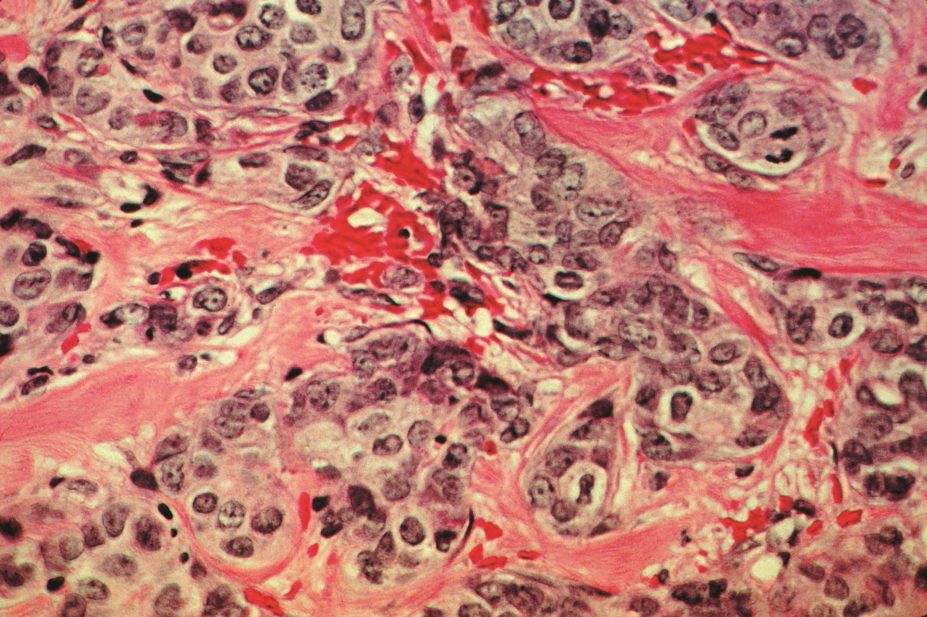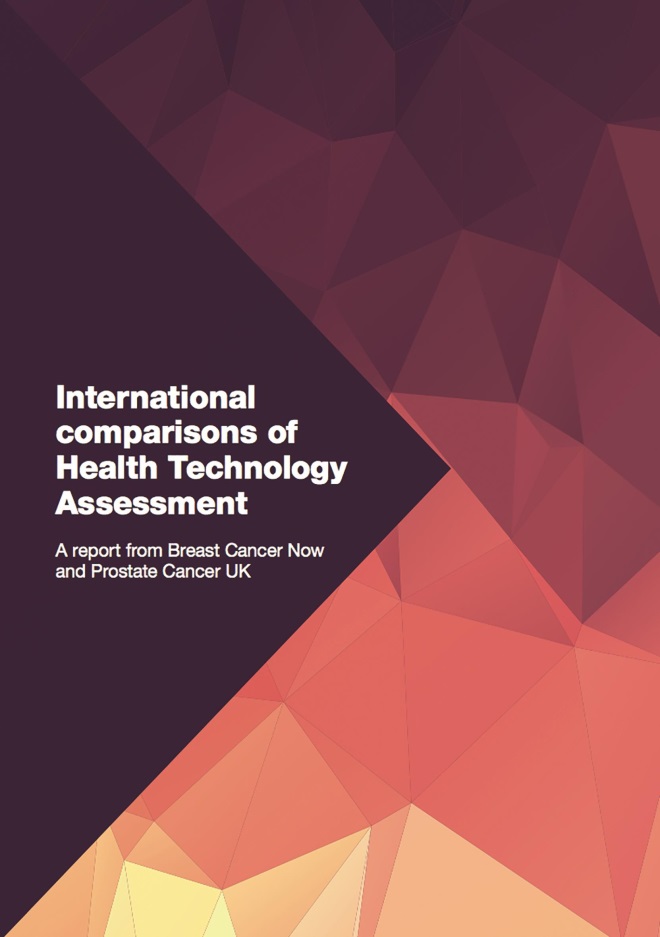
Cecil Fox / Wikimedia Commons
NHS cancer patients are missing out on innovative new drugs which are available in other European countries because of a flawed assessment and pricing system, according to a report published by cancer charities Breast Cancer Now and Prostate Cancer UK.
The charities reviewed the availability and the approval systems for new breast and prostate cancer treatments in England and Scotland compared to Germany, France, Australia, Canada and Sweden.
They analysed the way health technology assessments were carried out and how approval for new cancer drugs were made by individual countries and how they compared to the systems adopted by the National Institute for Health and Care Excellence (NICE) in England and Wales and the Scottish Medicines Consortium (SMC) in Scotland.

In the ‘International Comparisons of Health Technology Assessment’ report, Breast Cancer Now and Prostate Cancer UK are calling for NICE and the SMC to change their procedures
The ‘International Comparisons of Health Technology Assessment’ report, published on 15 August 2016, reveals that in the UK both NICE and the SMC have a dual responsibility to consider the clinical and cost effectiveness of a new drug.
However, the researchers found that these roles were split in countries outside the UK, where there tends to be an organisation to consider a drug’s clinical effectiveness and this information is then used by the home government and drug companies to negotiate a price for the product.
“In other countries, which have better patient access [to new cancer drugs], the health technology assessment (HTA) plays a role but is only one part of a wider process,” the report says. “In most cases, recommendations from HTA agencies are used to inform negotiations between governments and pharmaceutical companies.
“Negotiations also take other factors into account, such as overall budgetary impact, the extent of clinical benefit and severity of disease. Our research suggests a link between the role of HTA in the system and level of patient access,” it adds.
The charities have called for a review of the NICE and SMC systems so they no longer have dual responsibility for clinical and cost effectiveness of new drugs. They also want more flexibility around how the new cancer drugs are priced and want patients to have greater influence in the decision-making process.
Commenting on the report, the UK pharmaceutical industry body, the Association of the British Pharmaceutical Industry (ABPI), accepted that patients face “significant delays” accessing medicines which are routinely available in other countries.
But Paul Catchpole, director of value and access at the ABPI, says it is “too simplistic” to suggest that drug pricing is behind the delays.
“Companies engage in pricing negotiations with the NHS but without doubt there is room for more creative approaches,” he says. “The concerns of the cancer charities… are real. The NICE evaluation programme hasn’t kept pace with innovation and relies too much on a basic cost effectiveness threshold for assessing value for money and which remains unchanged in over 15 years.
“Only when we see a fundamental shift away from medicines being used as a cost containment exercise rather than part of a sustainable NHS will we begin to improve services for patients,” he adds.
In a statement, the Department of Health says it is committed to making the “best” cancer drugs available quickly to patients at a price “that is a good deal for the taxpayer” and that the present NICE systems allows price flexibility “which ensures that we improve access to the latest treatments”.


